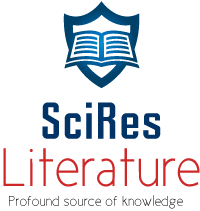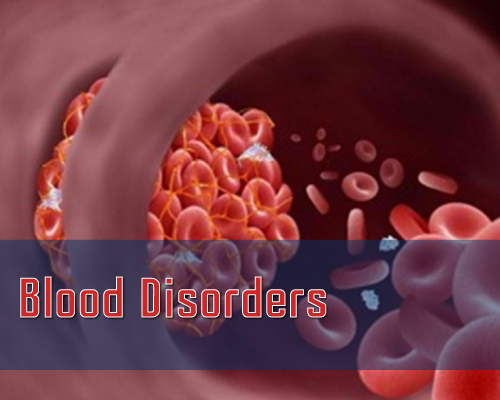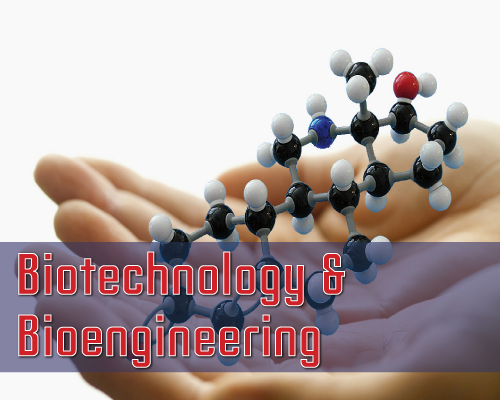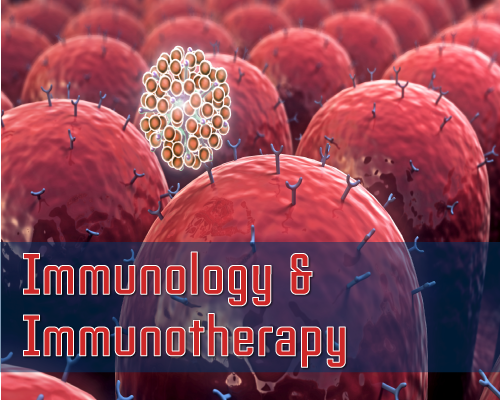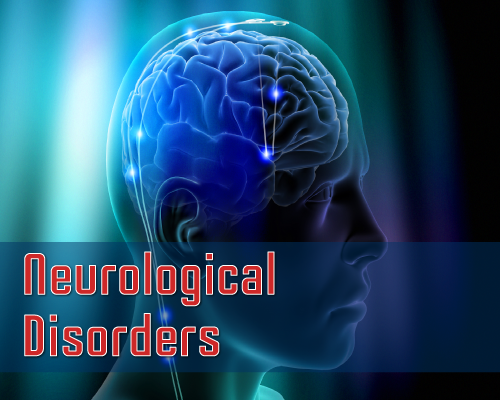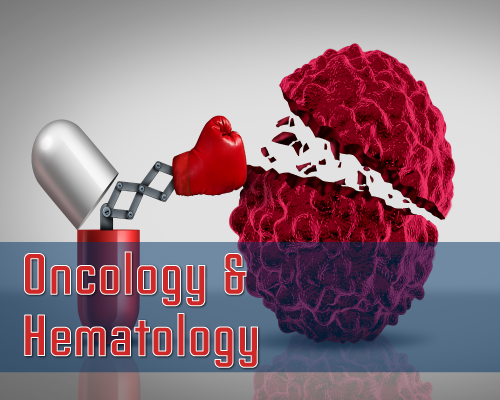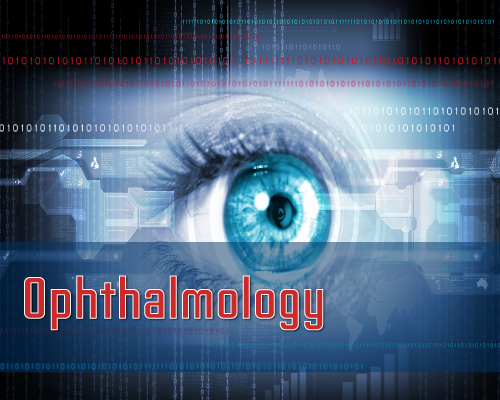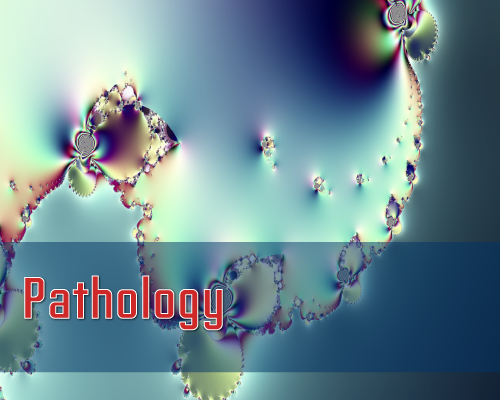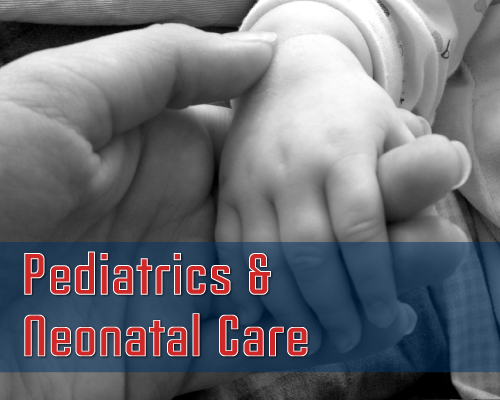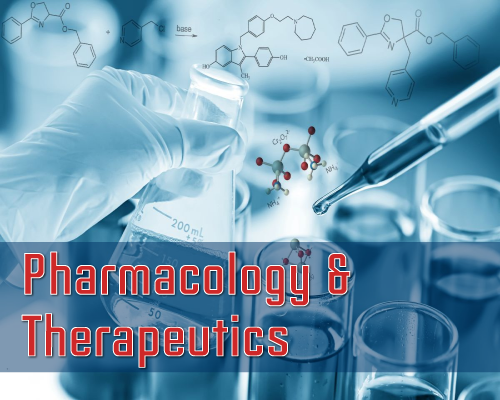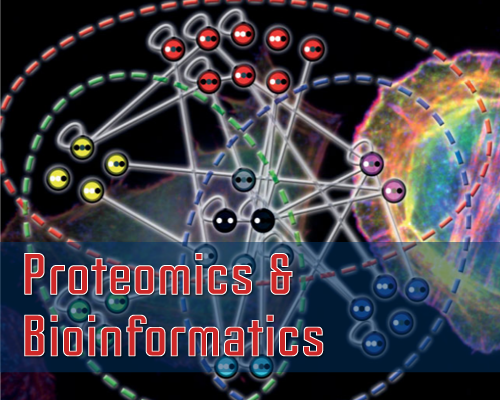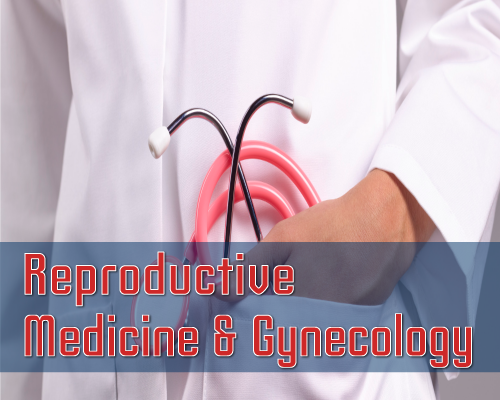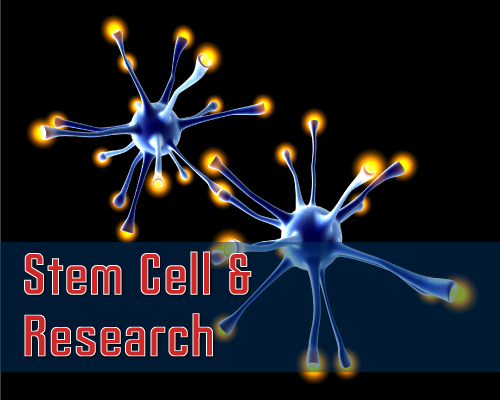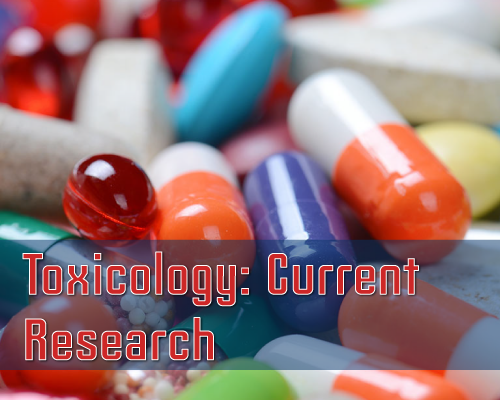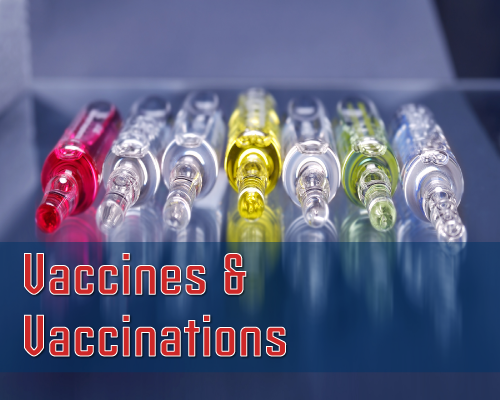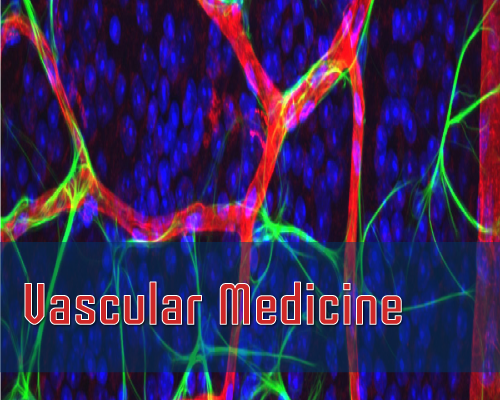Volume 3 Issue 1
Babacar Sine*, Ndeye A. Bagayogo, Yaya Sow, Alioune Sarr, Amath Thiam, Cirille Ze Ondo, Boubacar Fall, Samba T. Faye, Abdou Razack Hamidou Zakou, Modou Ndiaye, Ndiaga S. Ndour, Babacar Diao, Alain K. Ndoye, Mamadou Ba
Objective: To report the hormone therapy methods proposed to our patients, to evaluate results using the total PSA, overall survival and progression - free survival and reporting complications of hormonal treatment.
Patients and methods: This was a retrospective study of 70 patients followed from 1 June 1st 2010 to October 31st 2012 for prostate cancer with hormone therapy. Hormone therapy was medical, using LHRH analogues and antiandrogen; or surgical, using bilateral testicular pulpectomy or orchiectomy.
Results: The median age of patients was 70.5 years (48-89). Sixty - seven point one patients (67.1%) had an impair general condition (ECOG 3 and 4). The median initial total PSA ratio was 303.5 ng/ ml (0.6 to 12.990). Surgical castration was performed in 55 patients (78.6%). Sixteen patients had a complete androgen blockade immediately. The median PSA nadir was 15 ng/ ml (0.029 to 503). The median time to reach the nadir (DAN) was 4 months (3-22). Also overall survival at 6 and 12 months was 46.2% and 23.1% respectively. Progression-free survival at 6 and 12 months was 54.2% and 50% respectively. Hot flashes and anemia were the most reported complications.
Conclusion: Mortality from prostate cancer remains high despite improvements in diagnostics, therapeutics and treatment monitoring.
Keywords: Prostate Cancer; Hormone Therapy; Survival; Pulpectomy
Cite this Article: Sine B, Bagayogo NA, Sow Y, Sarr A, Thiam A, et al. Hormonal Therapy for Prostate Cancer: Modalities and Evaluation of Results. Am J Urol Res. 2018;3(1): 010-014.
Published: 10 March 2018
Research Article: A Brief Historical Survey of the "Contagium Vivum)(From Marcus Terentius Varro's (116-54 B.C.) "Animalia Minuta" And Titus Lucretius Carus' (C.94-C.54 B.C.) "Semina" To Louis Pasteur's (1822-1895) and Robert Koch's (1843-1910) "Germs" and "Bacteria"
Prof. Sergio M* and Prof. Bertozzi MA
The insects were considered wonderfully perfect creatures since Aristotle (384 - 322 B.C.). Galen (c.129- 199 A.D.) deals with them with a greatest admiration. However nobody did ever either imagine, or suppose the existence of micro-organisms before Antony van Leeuwenhoek (1632 - 1723), perhaps only a brief passage of Marcus Terentius Varro's "De re rustica" (On agriculture) excepted. Even Lucretius' "semina morbi" and Gerolamo Fracastoro's (1478 - 1533) "seminaria morbi" cannot at all be interpreted as if they were "living creatures", although invisible to the naked eye. First the "insects" then the so called "infusoria" became the protagonists during the 17th century thanks to the accession of the "microscope", so that their observation brought to the demolition of Aristotle's theory of "spontaneous generation" first by Francesco Redi (1626 - 1698) at macroscopical level, then by Lazzaro Spallanzani (1729 - 1841) at microscopical level, thank to whose experiments and discoveries we can affirm that modern microbiology started.
Cite this Article: Sergio M, Bertozzi MA. A Brief Historical Survey of the "Contagium Vivum) (From Marcus Terentius Varro's (116-54 B.C.) "Animalia Minuta" And Titus Lucretius Carus' (C.94-C.54 B.C.) "Semina" To Louis Pasteur's (1822-1895) and Robert Koch's (1843-1910) "Germs" and "Bacteria". Am J Urol Res. 2018;3(1): 001-009.
Published: 03 January 2018
Authors submit all Proposals and manuscripts via Electronic Form!
